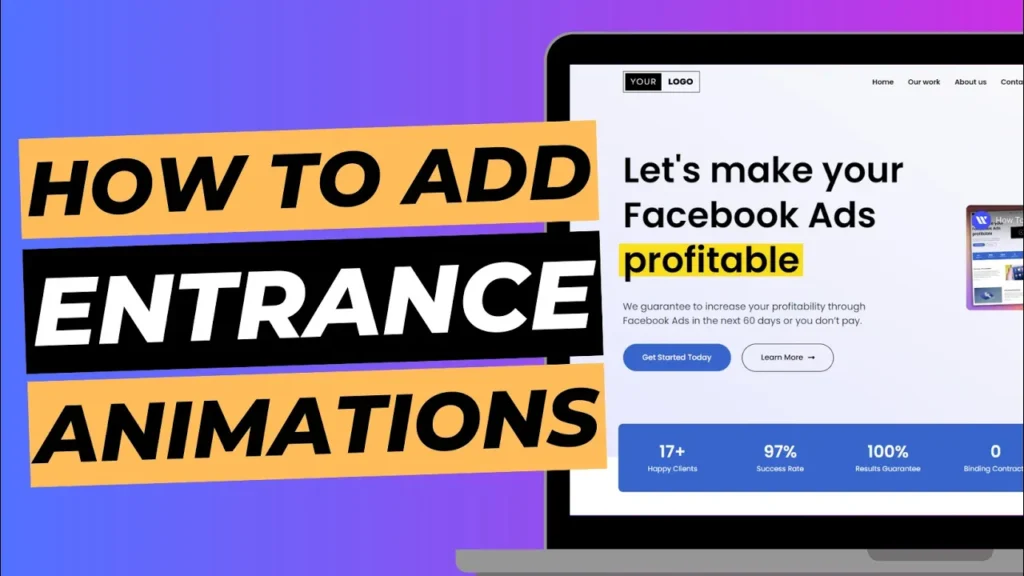In the world of e-commerce, a website is the backbone of any successful business. The website must be optimised to provide the best possible user experience and maximize conversions.
In this day and age, having a responsive website has become essential for any business that wants to succeed online.
Responsive web design is a design philosophy that ensures a website adapts to the size and orientation of the device that it’s being viewed on, providing the best possible user experience. Here are some of the benefits of responsive web design for e-commerce sites.
Improved User Experience
The user experience is at the heart of any e-commerce business. A responsive website provides a better user experience compared to a website that’s not responsive.
With a responsive website, the user experience is consistent across all devices, making it easier for users to navigate and make purchases.
When users have a positive experience on your website, they are more likely to make a purchase or return in the future.
Increased Mobile Traffic
Mobile devices are becoming increasingly popular, and more people are using their smartphones and tablets to shop online.
Having a responsive website ensures that your e-commerce site is accessible and easy to use on mobile devices. This can lead to an increase in mobile traffic to your website, which can ultimately lead to more sales.
In fact, studies show that up to 53% of all website traffic now comes from mobile devices.
Improved SEO
Search engine optimization (SEO) is an essential part of any e-commerce business’s marketing strategy.
Google prioritises websites that are mobile-friendly, which means having a responsive website can help to improve your search engine rankings.
With a responsive website, you only need one URL for your site, which makes it easier for Google to crawl and index your pages. This can lead to higher search engine rankings and more traffic to your website.
Lower Bounce Rates
A high bounce rate is a common problem for many e-commerce businesses. A website that’s not responsive can lead to high bounce rates, which means visitors leave your site shortly after arriving.
This is because a non-responsive website can be difficult to use on smaller devices. With a responsive website, the user experience is improved, which can lead to lower bounce rates and more conversions.
This means that visitors are more likely to stay on your site, engage with your content, and make a purchase.
Cost-effective
Creating and maintaining a website can be an expensive process, but having a responsive website can be more cost-effective than creating separate websites for desktop and mobile devices.
With a responsive website, you only need to design and maintain one website, which can save time and money. This can be especially important for small businesses that have limited resources.
Conclusion
In conclusion, having a responsive website is essential for the success of any e-commerce business. It provides a better user experience, increases mobile traffic, improves SEO, lowers bounce rates, and is cost-effective.
By creating a responsive website for your e-commerce business, you can ensure that your customers have a positive experience, no matter what device they’re using.
This can lead to more sales, increased customer loyalty, and ultimately, the success of your business.




